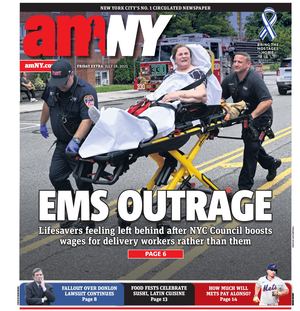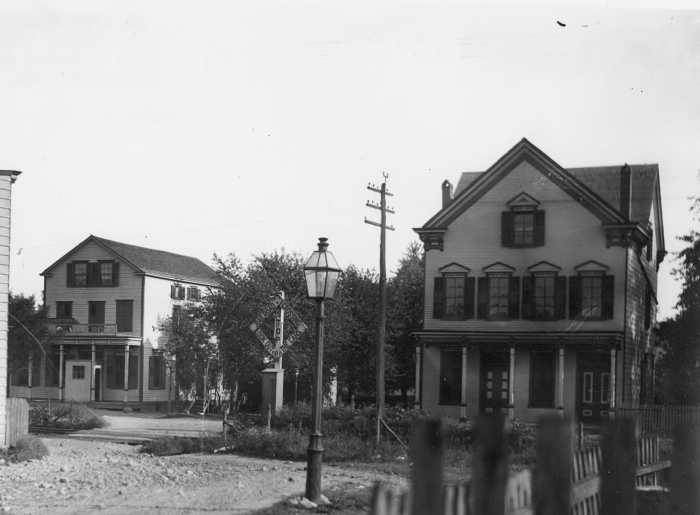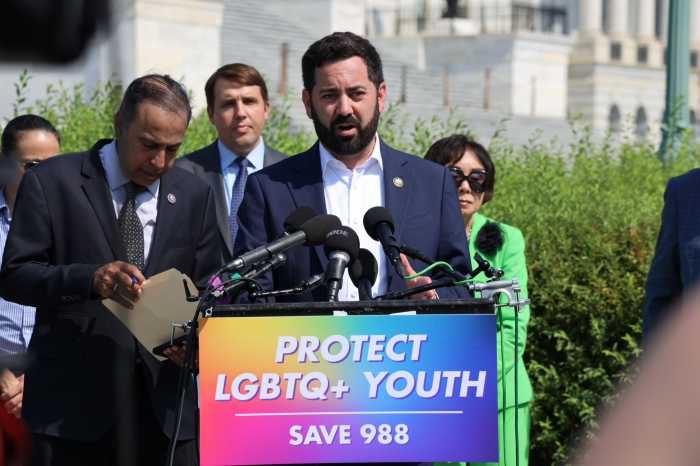Fahrenheit 11/9
Documentary by Michael Moore
Rated R
There could not be a more perfect topic for a Michael Moore movie than the United States under the Trump administration, so the arrival of “Fahrenheit 11/9” feels both welcome and inevitable.
Though he’s often and unfairly characterized as a liberal propagandist, his aptitude for utilizing all the tools of his trade to evoke righteous outrage stands second to none. That’s a truth recognized on the left and the right — no less than Steve Bannon himself hails Moore’s abilities in a file clip featured in this movie.
The new picture, then, stands as something of a major event, the first real installation we’ve seen of Moore vs. Trump. There’s such a robust collection of material to draw from here that it’s hard to imagine how the filmmaker managed to whittle it down to a single motion picture.
“Fahrenheit 11/9” finds Moore exploring everything from the Parkland, Florida school shooting to the water crisis in his hometown of Flint, Michigan, telling the story of a moment of great, sustained madness in his inimitable first-person style.
He wants to scare his audience into action and builds a central argument that ought to achieve that — the patterns of history reveal we are in a watershed moment, wherein the threat of backsliding into fascism is very real.
The movie is an indictment of Trump, to be sure, but it doesn’t trade in buzz words like collusion and obstruction. It is instead focused on the cultural currents that created a climate that allowed for his election and on what Moore sees as the only path back from the abyss: sustained populist action.
The heroes of “Fahrenheit 11/9,” then, are figures like the West Virginia teachers who won better wages and health insurance on strike; activist candidates challenging the Democratic establishment; the Parkland students who won’t accept the standard “thoughts and prayers”; and, most affectingly, the citizens of Flint, facing what Moore characterizes as a genocide perpetuated on American citizens by their government.
The Flint scenes are the movie’s best and most affecting. Moore frames his hometown as a representation of America as a whole: exploited, stricken by chaos and despair and on the brink of collapse, but filled with people who simply won’t stop trying to fight against the currents of darkness.


































